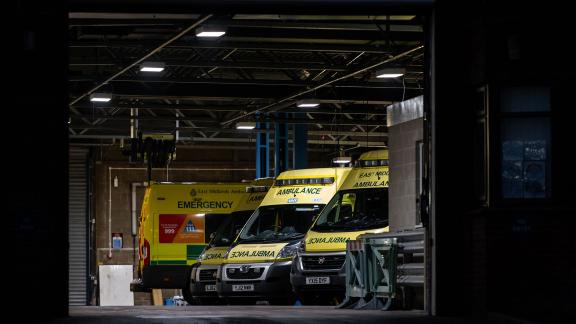Difficult decisions for NHS leaders in coming months

-
12.5% of all calls. An average of 148 immediately life-threatening calls were made each day, 21 more than in August.
-
There was an average of 3,088 daily attendances to emergency departments, an increase compared to the previous month. Performance increased slightly against the four hour target and the twelve hour target.
-
In August the number increased from around 757,400 to just under 760,300, the sixth consecutive increase and the highest figure on record.
-
The number of patients who no longer need to be in hospital but are unable to leave remained high in September at 1,598.
Responding to the latest NHS performance statistics for August and September, assistant director of the Welsh NHS Confederation Nesta Lloyd-Jones said:
“Performance figures for August and September paint a picture of sustained system-wide demand, a pattern emerging in summers since the pandemic.
“Urgent and emergency care demand remains extremely high: a symptom of wider system pressures, with patient flow remaining a key roadblock to improving both urgent and non-urgent waiting times. Improving patient flow is a huge focus for NHS leaders and partner organisations as we approach the winter months.
“Overall waits for planned care continue to climb to their highest on record. However, concerted efforts to tackle the longest waiters (those waiting over two years) are paying off as they continue to fall every month, now standing at 61.6% lower than at its peak.
“We know Wales is not unique in facing these pressures and we acknowledge the difficult decisions the Welsh Government faces in light of the unprecedented financial challenges.
“Although health boards are waiting to hear exactly what this week’s budget announcement means for them, NHS leaders will focus on achieving the best outcomes for patients when it comes to the difficult decisions they’ll be making in the coming months.
“Unless governments make wider system and societal changes across all departments, we cannot expect these exceptional levels of demand across the system to fall. We therefore need an open and honest conversation with the public about what the future of health and care services looks like and what more people can do to support their own health and wellbeing.”



